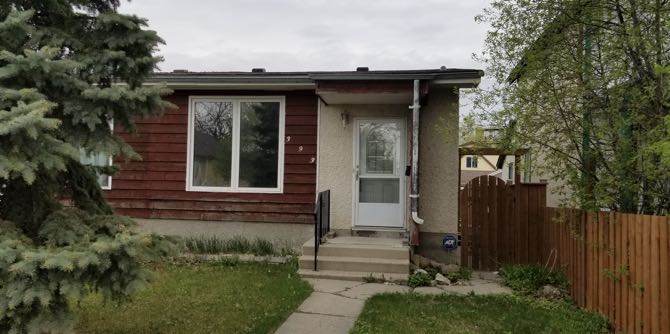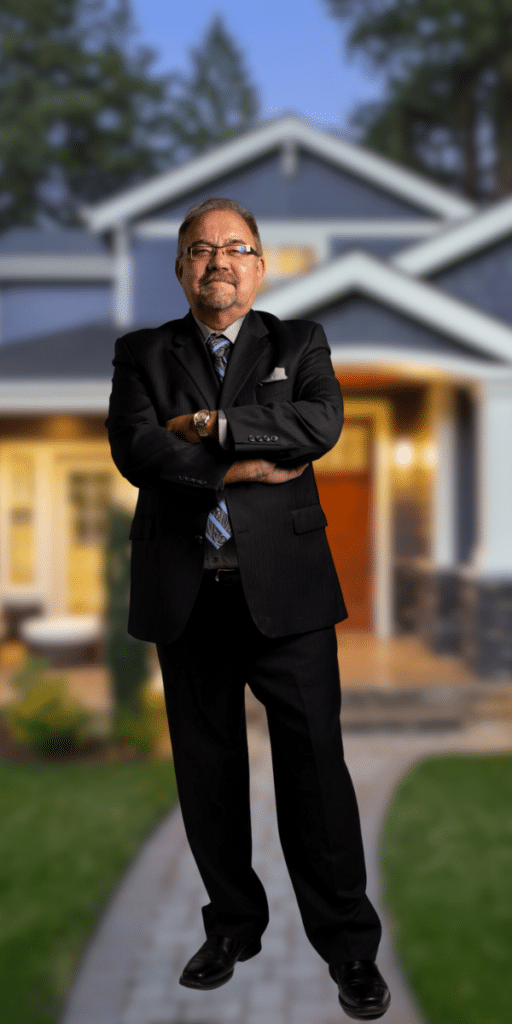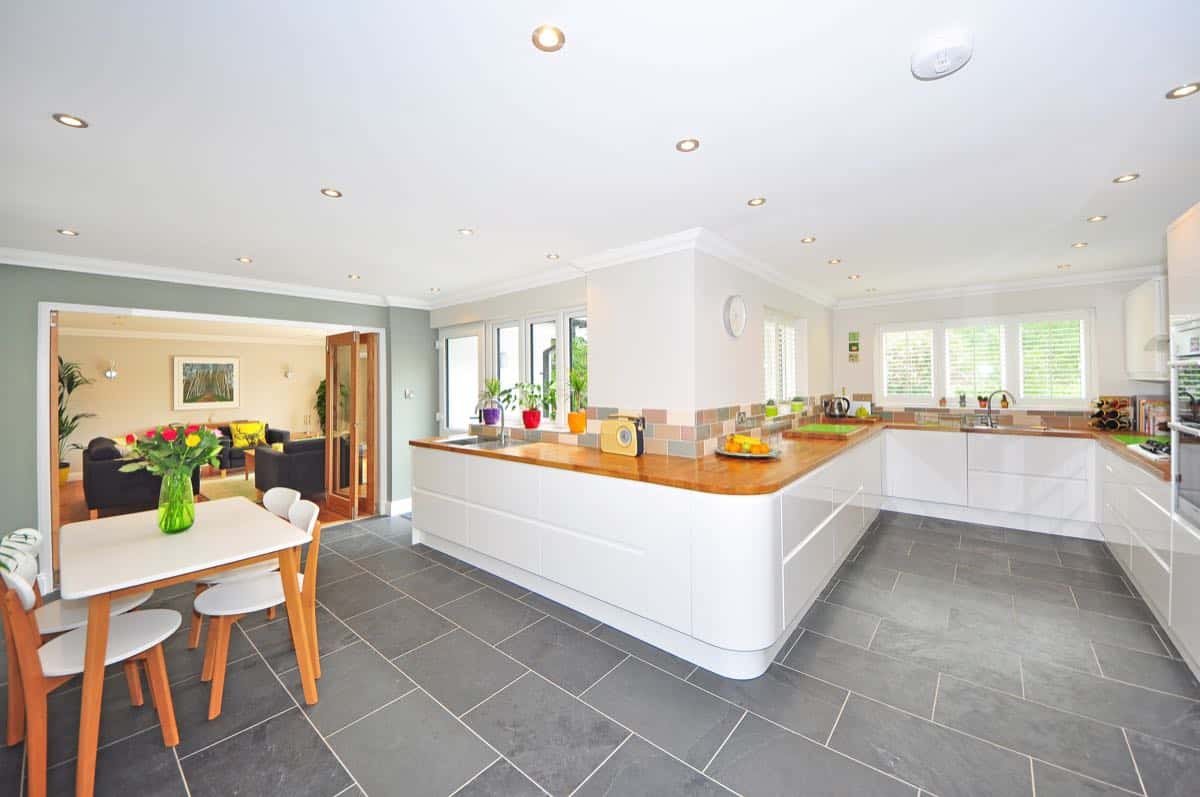Whether you’re looking for a temporary residence that you’ll eventually rent, a forever home, or a fixer upper, the question that always has to be answered at some point along the way is, “how much work you want to take on?”
“Fixer-uppers” are often seen as either a money pit or a romantic dream come true. Of course, it typically isn’t exclusively either one of those things. If you’re thinking of getting a fixer upper for your next home, here are a few pros and cons to consider.
Pro: A Fixer Upper Can Be Unique
Unless you have a significant budget, getting a unique home can often be out of reach. A 5,000 square foot plantation or a custom-built barn home could cost far more than a typical home buyer’s budget. That is, unless you’re willing to get a fixer upper.
Fixer-uppers often have a lot of character and even a certain amount of quirkiness that can make them a unique place. While their natural need for some tender love and care helps to bring the price down to a more manageable level.
Con: Fixer-Uppers Can Have Unique Problems
Modern houses are going to be airtight, energy-efficient, and much safer than an older home. Fixer-uppers, on the other hand, often come with unique sets of problems that can cause homeowners headaches as they set about making repairs.
Older paint can often have lead in it, windows and doors let in drafts, basements can be damp, and the walls often have asbestos. If you buy a fixer-upper, you have to be ready to address a slew of unique issues and concerns — along with the simple fact that often they’re simply not up to code anymore.
Pro: It Can Appreciate Significantly in Value
It’s always good to be aware of your financial goals when purchasing a home, and this is especially true for a fixer-upper. Chances are you’ll be investing a significant chunk of change — along with a hefty dose of blood, sweat, and tears — into bringing your rundown home back to life.
When done right, this can end up leaving you with a property that has significantly appreciated in value. Even if you choose to live in your home and aren’t aiming to make money on the deal, a large portion of the funds that you invest in a fixer-upper will come back to you in the form of the home’s increased value once it’s repaired and updated.
Con: It Can Be Missing the Bells and Whistles
Often a fixer upper is an older home, which means they can be lacking amenities that modern dwellers have become used to having within their living spaces. It doesn’t matter if you’re talking about a basic appliance like a washing machine or an entire smart home system, there’s no guarantee that a fixer-upper is going to have anything that might be expected with a move-in ready home.
Fortunately, many of the modern contraptions, such as a quality sound system or a smart garage door opener, can be easily installed, even in an older house. Once you’ve finished any basic, structural repairs and taken care of things like flooring and painting, you can begin to equip your rejuvenated fixer-upper with things like WiFi, a smart thermostat, or a home security system. Just remember, each of these may need to be set up from scratch and you may even need to remove old wiring or dated equipment, which could ultimately require more time and funds.

Pro: It Allows for Personalization
Perhaps the most encouraging thing about a fixer upper is the fact that you get to make it your own. Remember, fixing isn’t necessarily flipping. A fixer upper is simply a home that requires some work. For anyone looking for a deal and willing to put a little elbow grease into their own long-term living quarters, a fixer-upper can be an amazing way to put your own personal touch on your home from top to bottom.
Whether you’re replacing wallpaper with a fresh coat of paint, refinishing wood floors, installing new kitchen cabinets, or any other renovation project, a fixer upper provides countless opportunities for a homeowner to put their own unique sense of interior and exterior design on their home.
Con: It Can Be Out of Style
If you purchase a fixer upper, make sure that it’s a home-style that you can live in and work with regardless of the current trends. Often the sheer individuality of many fixer-uppers can be overwhelming to work with. Just because you can personalize and make repairs doesn’t automatically mean you’re going to turn a rundown old farmhouse into the Falling-water mansion.
If you’re leaning towards going with a fixer upper, be extra careful to make sure that you’re happy with the bones of the home that you choose to work with. You don’t want to put all of that time and money into cosmetics only to ultimately feel unsatisfied with the layout, floor-plan, size, or any other significant factor that is easily identifiable from the get-go.
A Fixer-Upper or Not? That is the Question.
Choosing to purchase a fixer-upper is a huge decision that should never be made lightly. The costs, unique challenges, and style restrictions can be overwhelming to deal with. However, the personalization and naturally added equity that come with fixing an older or damaged house are significant factors to consider as well.
In many ways, it all boils down to the question of whether you, the potential buyer, want more control over the end product or more convenience upfront. Whatever you decide to go with, make sure to weigh your pros and cons carefully before making a decision.
Top Mistakes Made By First Time Buyers
 About the Publisher
About the Publisher
Bo Kauffmann is a residential real estate agent with over 18 yrs experience in helping buyers and sellers achieve their goals. Inducted into the REMAX Hall of Fame in 2010 and receiving the REMAX Lifetime Achievement Award in 2019, Bo has sold over 500 houses and condos in the Greater Winnipeg market. He is an accredited buyer representative (A.B.R.) and a Luxury Home Marketing Specialist.
Bo provides exceptional service to First-Time Home-Buyers, Seniors looking to downsize and Home Sellers of all ages.
He can be reached easily By E-Mail or call/text him Call/Text Here
Never miss an episode of our real estate podcast. Install our FREE Podcast App available on iOS and Android. For your Apple Devices, click here to install our iOS App. For your Android Devices, click here to install our Android App. Check my videos on Youtube



Nicole Cruz
Thanks! This helped me out a lot. I’m thinking of buying my own place since my home is quite far from where I work and I can’t afford to lose a lot when it comes to expenses.